Total Intake 180
The department of Computer Engineering is committed to the cause of growth and advancement of computer related technologies. The department was started in the year 2002 with the aim of acquainting students with the latest trends in Computer Science and Engineering. The Department has faculty members with both industrial and academic experience. Knowledge is imparted in Computer Architecture and Design, maintenance and networking. Students are also taught a spectrum of programming languages, spanning assembly language programming, C, Java, C++, .Net and operating systems like UNIX and Windows. The undergraduate program in Computer Engineering is essentially aimed at equipping a student with excellent programming and system related competencies. Teaching is focused on systems programming as well as application programming.
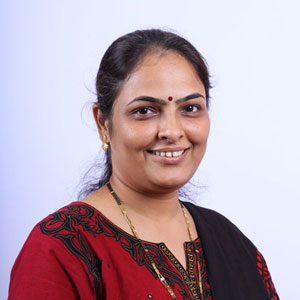
Welcome to the Department of Computer Engineering at SIES Graduate School of Technology.
Since its inception in 2002, our department has been committed to nurturing technically sound, ethically grounded, and socially responsible engineers. We strive to provide a vibrant academic environment that fosters innovation, research, and holistic development. Our curriculum is designed to keep pace with the rapidly evolving landscape of computer science, integrating emerging technologies such as Artificial Intelligence, Cybersecurity, Data Science, and the Internet of Things.
Undergraduate Program of Computer Engineering is NBA accredited from Ay 2024-27.
Our dedicated faculty members bring a blend of academic excellence and industry experience, ensuring that students are equipped with both theoretical foundations and practical skills. We emphasize experiential learning through hands-on projects, internships, and industry collaborations, preparing our students to meet real-world challenges with confidence.
Beyond academics, we encourage participation in technical events, hackathons, and community outreach programs to cultivate leadership, teamwork, and a sense of social responsibility.
We take pride in our alumni who have excelled in diverse domains across the globe, and we continue to strengthen our ties with industry and academia to provide our students with the best opportunities for growth.
Warm Regards,
Dr. Aparna Bannore ,
Professor and Head of Department,
Computer Engineering
SIES Graduate School of Technology
To be a Centre of Excellence in Computer Engineering to fulfill the rapidly growing needs of the Society.
| Name of the Staff | Employee/Unique ID | Date of Joining | Designation | Qualification | Status of Appointment |
| Dr. Aparna Bannore | 40037 | 01.10.2003 | HOD | B.E(CSE), M.E (CE), Ph.D (CE) | Full Time |
| Dr.Rizwana Umair Ahmed Siddiqui | 40192 | 01.07.2009 | Associate Professor | B.E(I.T), M.E(CE), Ph.D (CE) | Full Time |
| Dr.Varsha Patil | 40312 | 26.06.2012 | Associate Professor | B.E, M.E (CE), Ph.D (CE) | Full Time |
| Dr. Kalyani Pampattiwar | 40366 | 08.07.2013 | Associate Professor | B.E (CSE), M.E (CE), Ph.D (CE) | Full Time |
| Dr. Arathi Boyanapalli | 40494 | 15.01.2021 | Associate Professor | B.E (CSE), M.Tech (CSE), Ph.D (CE) | Full Time |
| Ms.Prachi Shahane | 40048 | 02.08.2004 | Assistant Professor | B.E(CSE) , M.E (CE), Ph.D* | Full Time |
| Ms.Suvarna Chaure | 40108 | 01.07.2006 | Assistant Professor | B.E(CSE) , M.E (CE), Ph.D* | Full Time |
| Mr.Sunil K Punjabi | 40114 | 01.08.2006 | Assistant Professor | B.E, M.E (CE) | Full Time |
| Ms.Ujwala Ravale | 40207 | 03.08.2009 | Assistant Professor | B.E, M.E (CE), Ph.D* | Full Time |
| Dr.Namrata Patel | 40389 | 01.07.2014 | Assistant Professor | B.E, M.E (CE), Ph.D (CE) | Full Time |
| Ms.Kranti Bade | 40403 | 01.01.2015 | Assistant Professor | B.E(IT), M.E(CSE) | Full Time |
| Ms.Urvashi Patkar | 40495 | 15.01.2021 | Assistant Professor | B.E (CSE), M.Tech (CSE) | Full Time |
| Ms.Rasika Malgi | 40553 | 01.12.2022 | Assistant Professor | B.E, M.Tech (CSE), Ph.D* | Full Time |
| Ms.Jyoti Baviskar | 40563 | 13.07.2023 | Assistant Professor | B.E (IT), M.E (CE) | Full Time |
| Ms.Sujata Kamble | 40564 | 13.07.2023 | Assistant Professor | B.E, M.E (CE), Ph.D* | Full Time |
| Ms.Smruti Vyavahare | 40597 | 01.07.2024 | Assistant Professor | B.E (CE), M.E (CE&IT) | Full Time |
| Dr.Aparna Bhonde | 40616 | 03.10.2024 | Assistant Professor | B.Tech (IT), M.E (IT), Ph.D (CE) | Full Time |
| Ms.Sayalee Narkhede | 40638 | 02.06.2025 | Assistant Professor | B.E.(CE), M.E. (IT) | Full Time |
| Ms.Shraddha Kawji | 40644 | 11.06.2025 | Assistant Professor | B.E.(CE), M.E (IT) | Full Time |
| Ms.Amita Suke | 1.07.2025 | Assistant Professor | B.E (IT), M.E (CE) | Full Time |
| Name | Designation |
| Mr.Krishnamurthy Nadar | System Administrator |
| Mr. Bhagyashal Waghmare | Lab Assistant |
| Mr. Hanmanta Kaki | Lab Attendant |
| Mr. Srinivas Bathula | Lab Attendant |
| Ms. Tanvi Todankar | Lab Assistant |
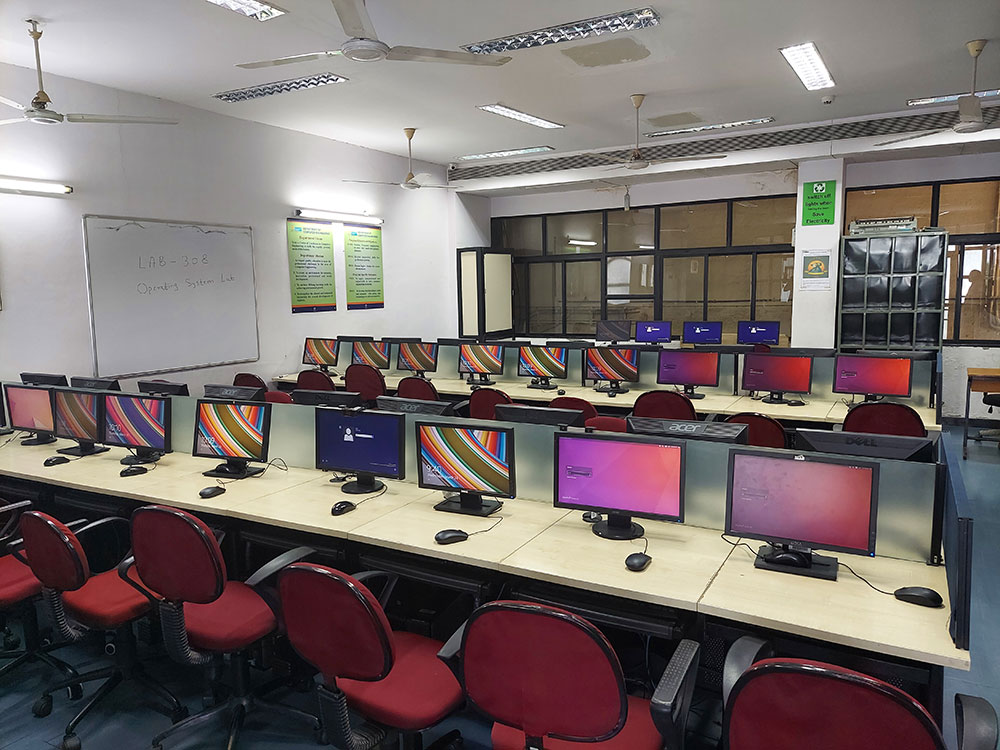 Operating System lab
Operating System lab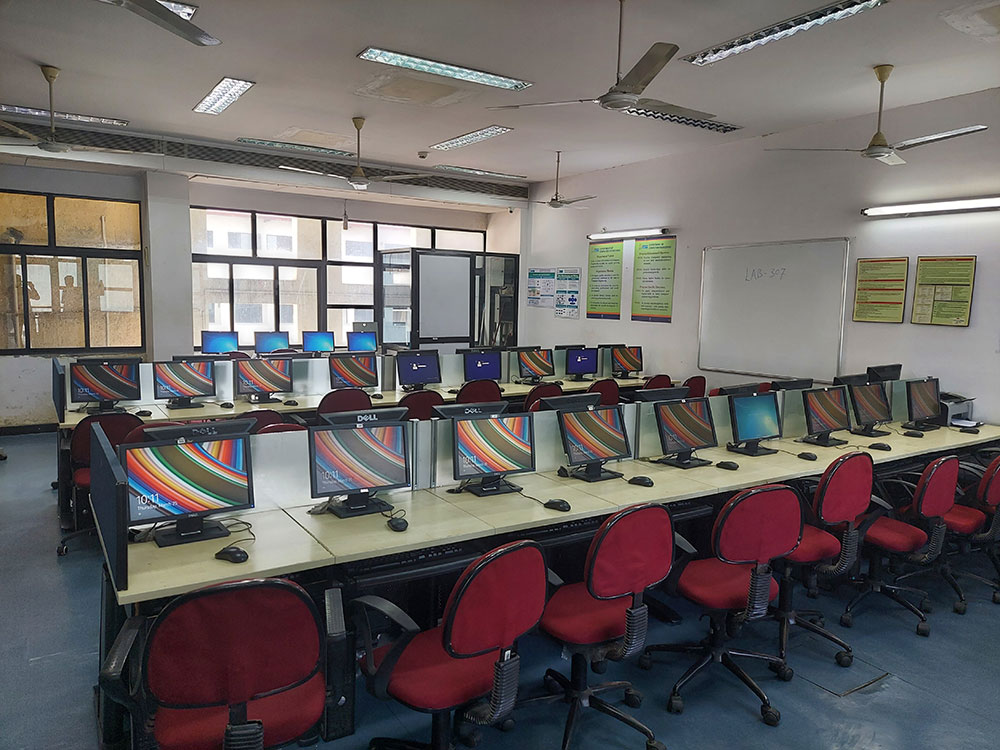 Project lab
Project lab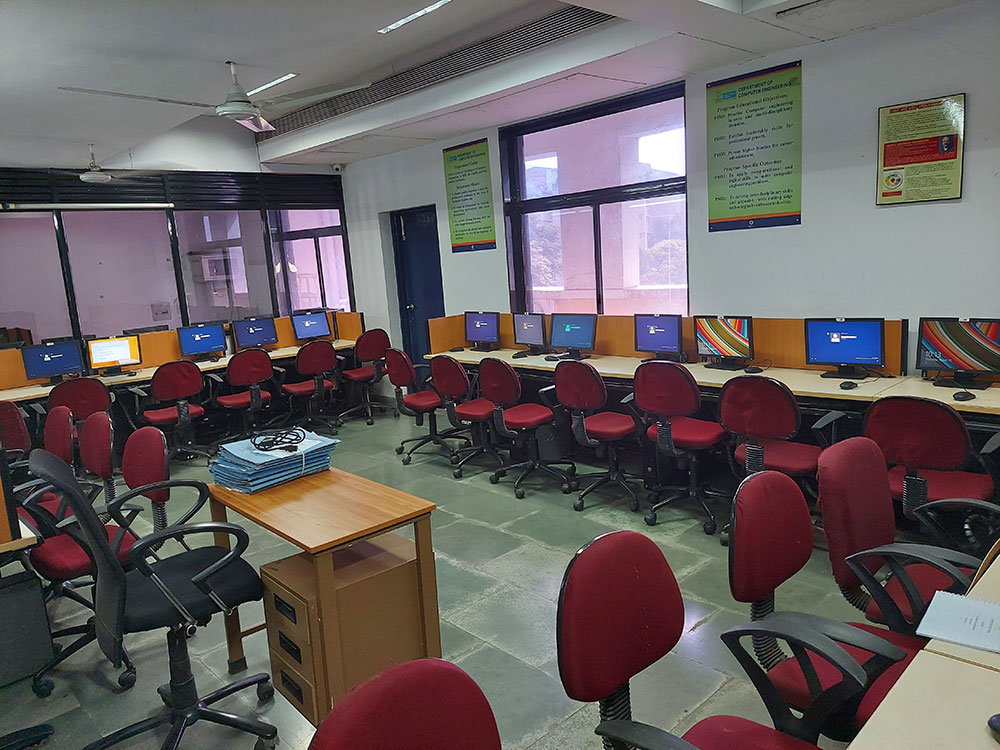 Networking lab
Networking lab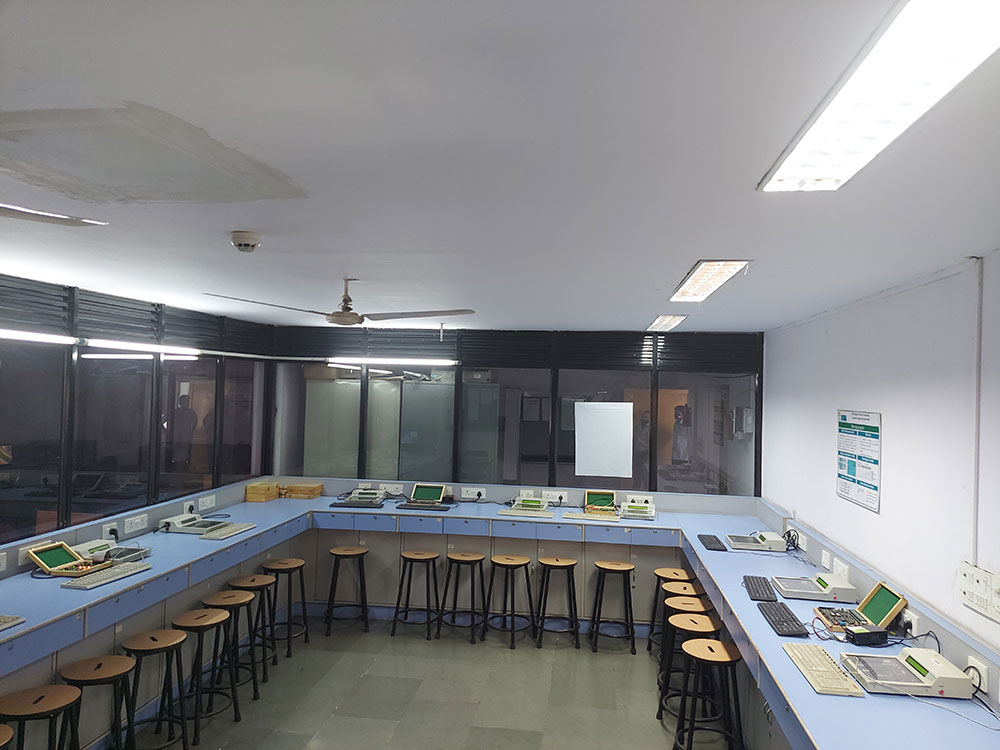 Microprocessor Lab
Microprocessor Lab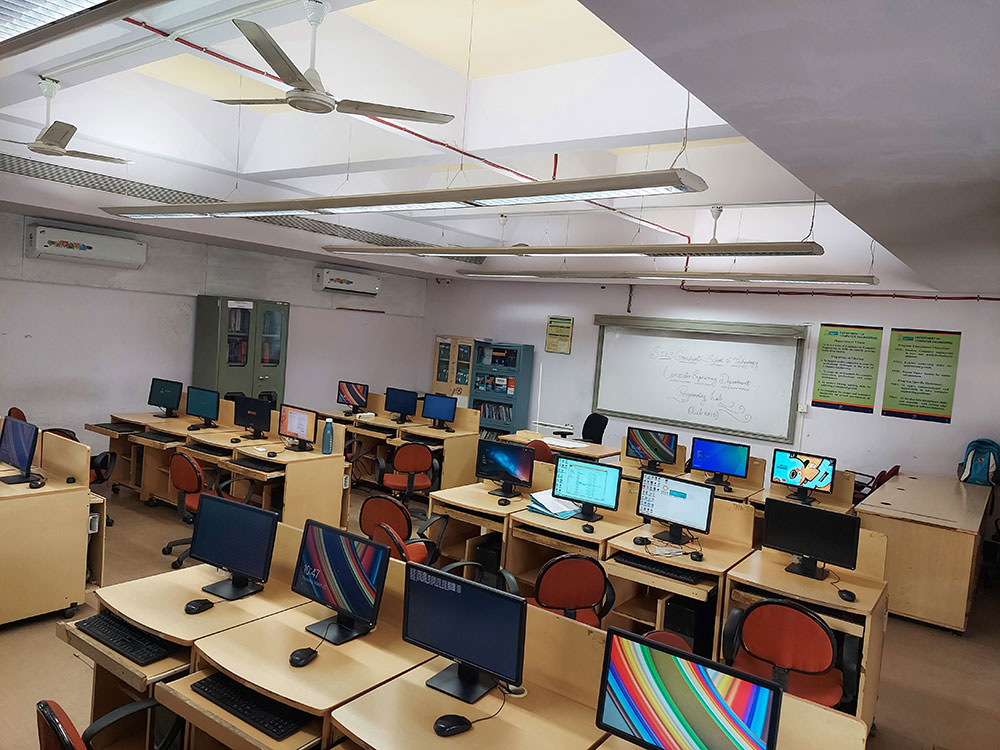 Programming Lab
Programming Lab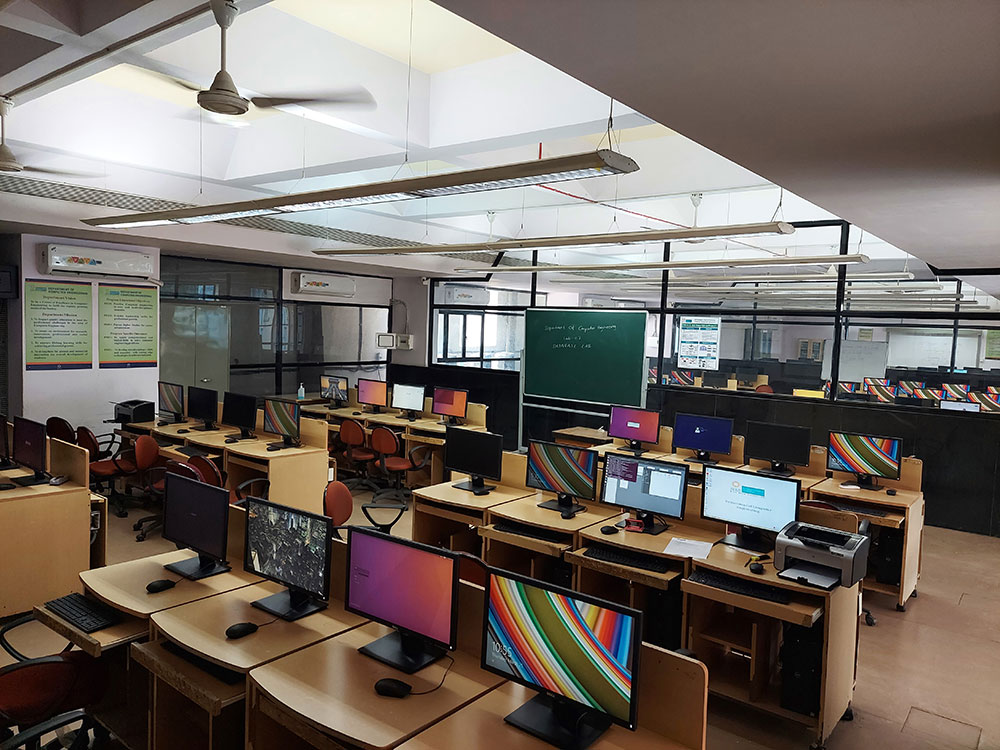 Database Lab
Database Lab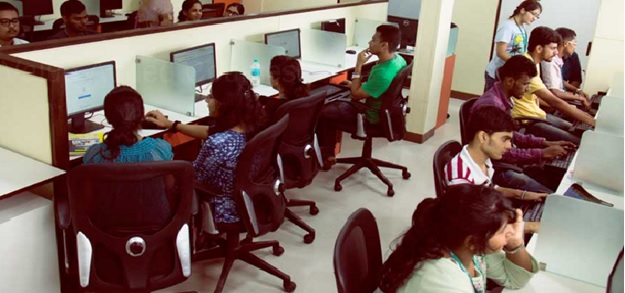 Web Designing Lab
Web Designing Lab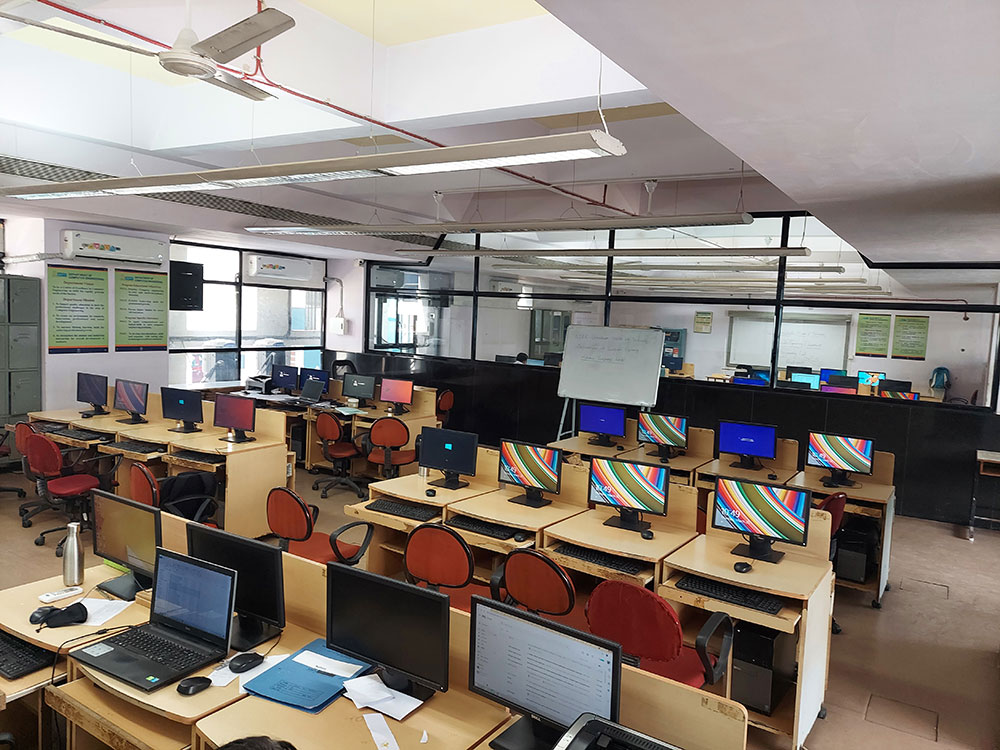 Advance Computing Lab
Advance Computing Lab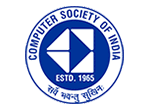
The Computer Society of India (CSI) SIES-GST Student Chapter was inaugurated in 2009. It is the largest student body in SIES amongst all. CSI aims at encouraging the students to take interest in research topics and also empower them with the news of the latest updates in the field of technology.
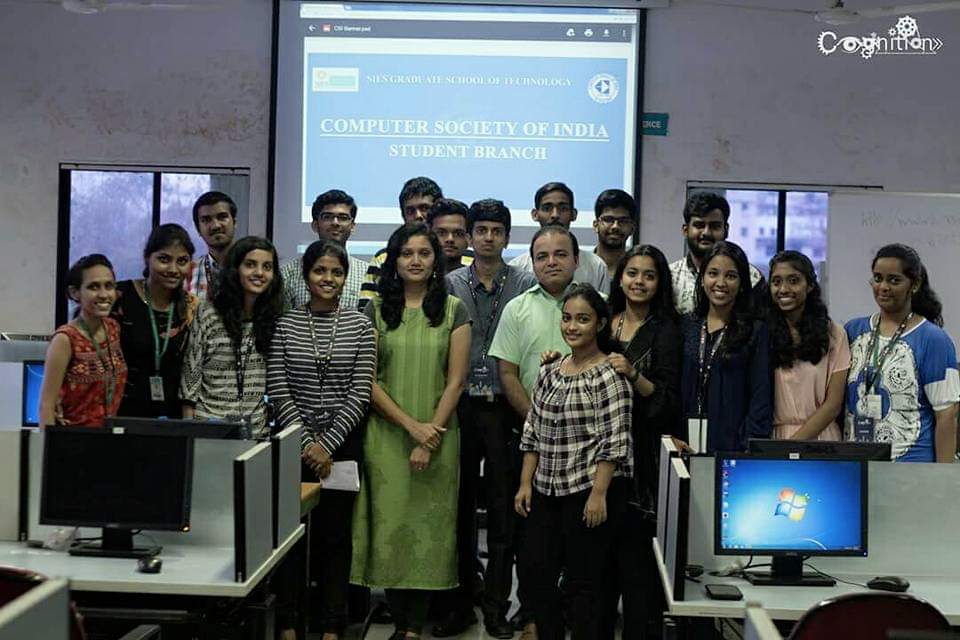




-Organise events featuring guest speakers from industry, academia, and research institutions to expose students to real-world applications, trends, and career opportunities in AI and data science.
Guest Lecture on "AI’s Impact on Economyâ€
Guest Lecture on "Introductory Session on Machine Learning
 Ask your queries
Ask your queries
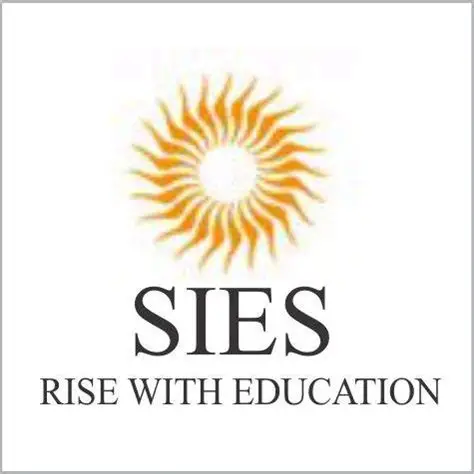 GST Chatbot
GST Chatbot